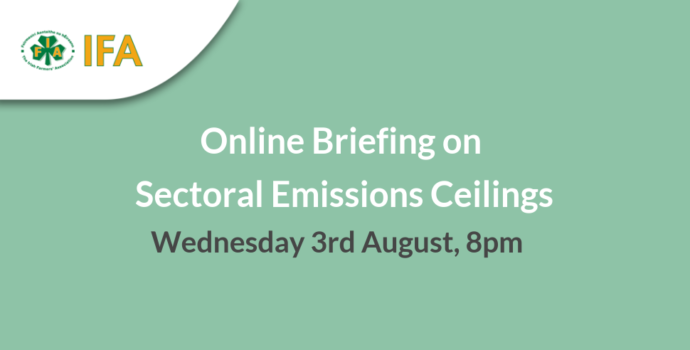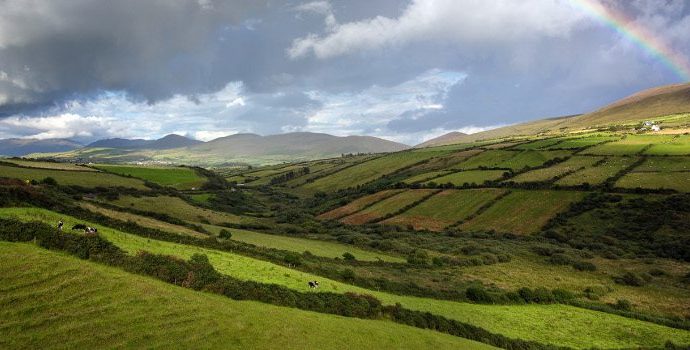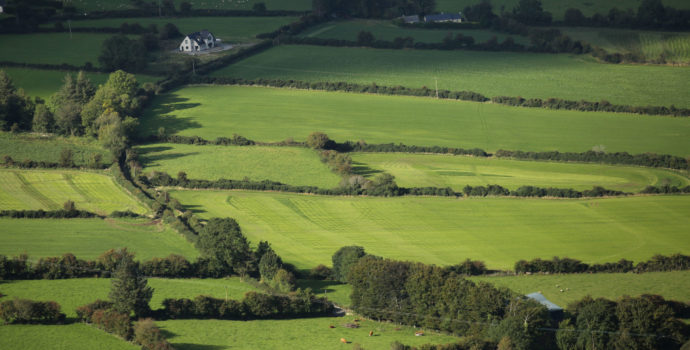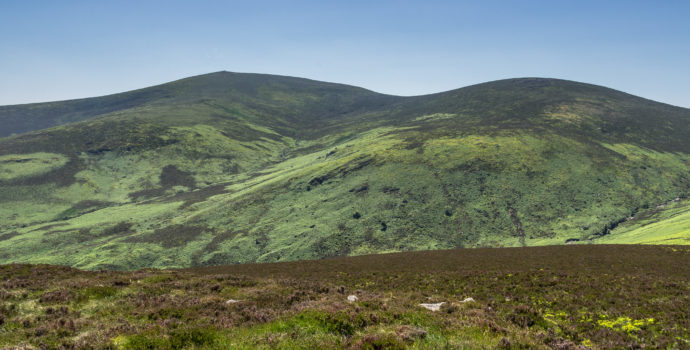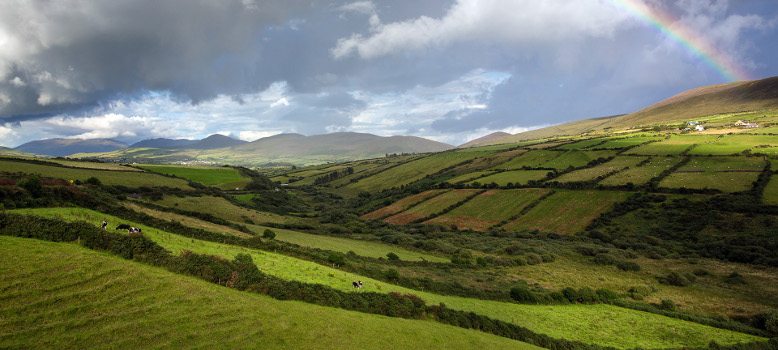
IFA President Tim Cullinan said the carbon budget staging announced by the Climate Change Advisory Council today, and the sectoral emissions ceilings reported, will have serious repercussions for farming.
“Our most productive farmers simply cannot remain viable if agriculture has to reduce emissions by between 21% and 30% as has been reported. This will have profound implications for the rural economy,” he said.
“Some may compare the carbon budget, and the sectoral ceilings that had been proposed, to other sectors and think agriculture has got a fair deal, but the Government has not considered the implications for individual farmers and the sector,” he said.
“For most people, climate action will impact on their lifestyle. For farmers, it will impact on our livelihoods,” he said.
“It’s also important to realise that increases in the cost of energy and transport fuel are already impacting on the viability of farms and rural businesses,” he said.
“The Government must now engage in meaningful negotiation with farmers to make a plan for the sector that can contribute to emissions reduction, but which does not impact on farmer’s livelihoods. In addition, proper funding must be in place to help farmers implement climate action measures,” he said.
“The frustration for farmers is that they know that if less food is produced in Ireland, it will be produced elsewhere, with a higher carbon footprint,” he said.
“The world’s population is growing and is likely to increase from 7.5 billion today to 10 billion by 2050. More food will be needed, not less,” he said.
“There is a huge amount of misinformation out there. Ireland’s grass-based system is extremely efficient. The Government must support farmers, not regulate them out of business,” he said.

